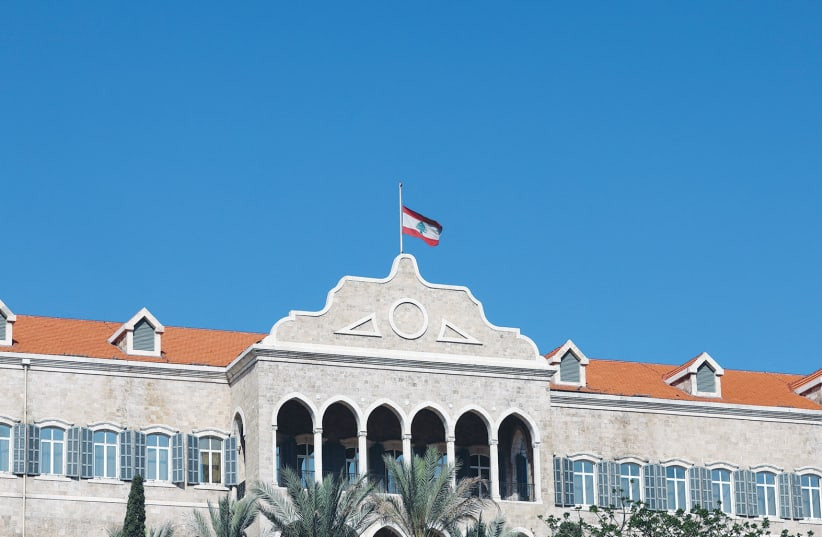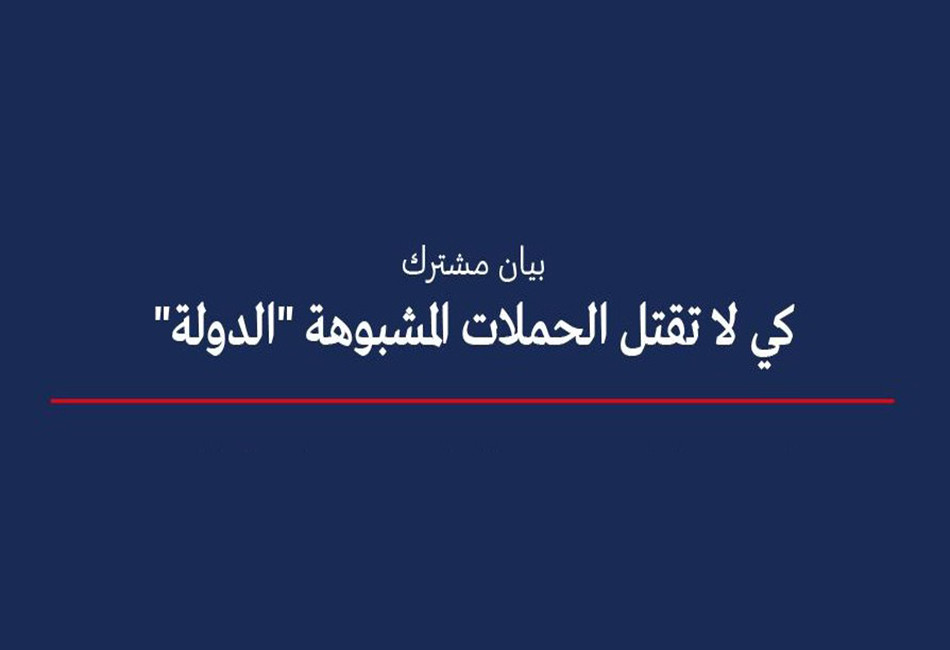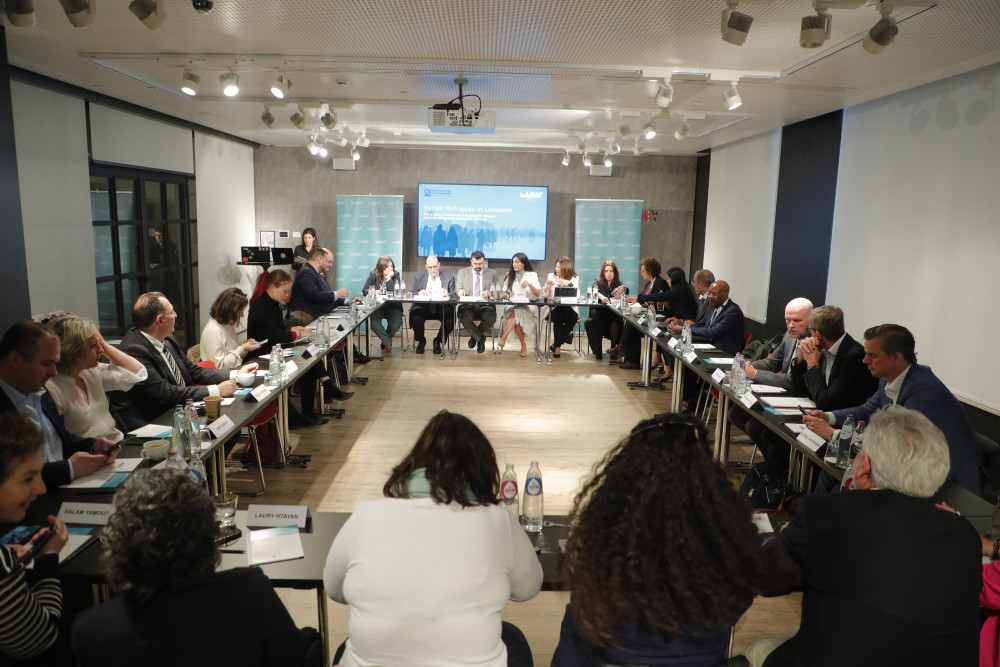Disconnected from reality, unable and/or unwilling to take effective action to stem the economic meltdown, the political and financial establishment has excelled at shaping policy responses that expose the society to existential risks. In late 2020, Banque du Liban (BdL) officials said that falling foreign exchange (FX) reserves will drive the central bank to halt its support for imports of critical and essential goods—namely, wheat, fuel, medications, medical supplies, and other essential products. A decision that was announced on August 11 concerning fuel imports. Consequently, the issue of the FX subsidy has taken central stage in the crises-ridden country.
Instead of reforming an unsustainable, regressive, inefficient, and corrupt subsidy system and combining it with a well-targeted cash transfer program and, most-importantly, moving to a rights-based approach to social policy, the ongoing “laissez-aller” approach is nothing but criminal.
The inflationary impact of price liberalisation is catastrophic with the absence of a well thought safety net for the Lebanese who are facing shortages of essential needs, namely fuel and medicine.
Despite the belief that Lebanon’s subsidy system was unsustainable, Kulluna Irada considers that the issue cannot be taken out of the larger context, namely: the balance of payments crisis and the ability to tackle its implications, including worsening economic activity and declining standards of living, in a way that limits the incidence on the poor and most vulnerable whilst laying the bases for a prosperous economy for all.
The system could not be sustained. Firstly, it is responsible for a FX depletion of around $5 billion per annum. Secondly, it benefits the rich rather than the poor. Thirdly, by offering artificially low prices for imported products, it creates market distortions making locally produced substitutes less competitive and it further encourages hoarding, black-market selling, and cross-border smuggling. Lastly, it benefits a duplicitous system associated with the de facto politico-sectarian establishment. Therefore, protagonists contend that it would be beneficial to abolish the subsidy and limit the outflow of hard currency.
In the absence of any alternative approach, the decision has been taken to remove subsidies, starting with fuel imports. A choice based on an attempt to constrict the problem of melting central bank reserves to the subsidy by inaccurately portraying Lebanon as facing two alternatives: either keep spending with no clear plan for a few more months or extend the system's lifespan by ‘rationing’ some subsidies and lifting others. This reductionist framing is based on a purely quantitative approach to FX and does not consider the social welfare or general interest of the population at large that is bearing an excessively high cost in any event.
We emphasize the need to lay down the debate terms differently than through the sole lens of maintaining or abolishing the subsidy system. According to the World Bank, lifting the subsidy will increase inflation by 24 percentage points, not accounting for the iterative effect through pressures on the dollar-note market, which will further depreciate the currency, re-enforcing the inflationary-depreciation cycle. The incidence of lifting the subsidy will therefore be significant, especially since 72% of households earn less than LBP 2.4 million a month, equivalent to $200 at today’s market rate.
Indeed, the subsidy protected the purchasing power of the Lebanese from deteriorating further due to a depreciating currency. But, more importantly, the subsidy is not the salient factor behind the depletion of FX.
Between October 2019 and October 2020, BdL’s foreign currency holdings plummeted $13 billion, while the value of subsidy did not exceed $5 billion. In other words, several billion dollars belonging to well-connected, politically exposed persons were transferred in the months that followed the October 17 uprising, at the expense of the rest of depositors.
Had we had policymakers, they ought to have considered the following questions: Who are the people that will be hit hardest if the subsidy is abolished? How can the impact of higher prices on the lower and middle classes be offset? And to what extent are we ready to dig into the BdL’s coffers to do so, while maintaining an adequate amount of FX reserves intact? The answer would have involved trade-offs, the size and impact of which would have hinged on whether the subsidy revamp is a part of a larger reform package consistent with a credible macroeconomic framework in tandem with external funding.
None of the above is being considered.
Kulluna Irada still believes there is an alternative policy which can compensate price liberalisation with a more efficient subsidy approach combined with direct cash transfers in dollars for a total cost of around $2 billion.
It consists of the following:
The remaining FX assets at the Central Bank and the upcoming new SDR allocation should be audited and managed strategically within a comprehensive macro-fiscal plan that stabilizes the economy and places it back on a recovery path.
The most urgent need is to establish a robust social safety net program based on a three-pronged approach:
1) A broad, transparent, direct cash assistance program disbursed in USD, given the absence of a unified exchange rate, and the inflationary impact of LBP disbursement at market rates. This cash assistance program should be managed transparently based on clear vulnerability criteria to avoid and put an end to the long dated clientelistic capture of state resources by the sectarian power system.
2) The adoption of short term complementary policies that are fundamental to maximize the impact of a subsidy reform. These include a) stocktaking of usable assets and effective capital control to limit FX drain; b) abolishment of import monopolies and barriers to competition in order to mitigate the impact of subsidy removal on consumers; c) lifting banking secrecy to ensure that cash assistance reaches those who needs it the most. These measures are essential to guarantee an efficient subsidy system covering fuel, medicine and wheat.
We estimate the cost of the above two programs at $2 billion.
3) more importantly, shift public policies towards the implementation of a rights-based approach, starting with a universal health coverage, but also free education for children.
As the 20 months of inaction that followed the eruption of the most devastating crisis Lebanon has faced since the civil war have showed us, the current political system is no longer able to rule effectively. An interim independent government with extraordinary legislative powers remains, now more than ever, our best chance to pull Lebanon out of the abyss, regain the trust of the Lebanese people and international partners, and set the path for a sustainable and inclusive recovery for all. We urgently need to stop the socio-economic free-fall of Lebanon and adopt a comprehensive macro-fiscal plan in the framework a new social contract.



